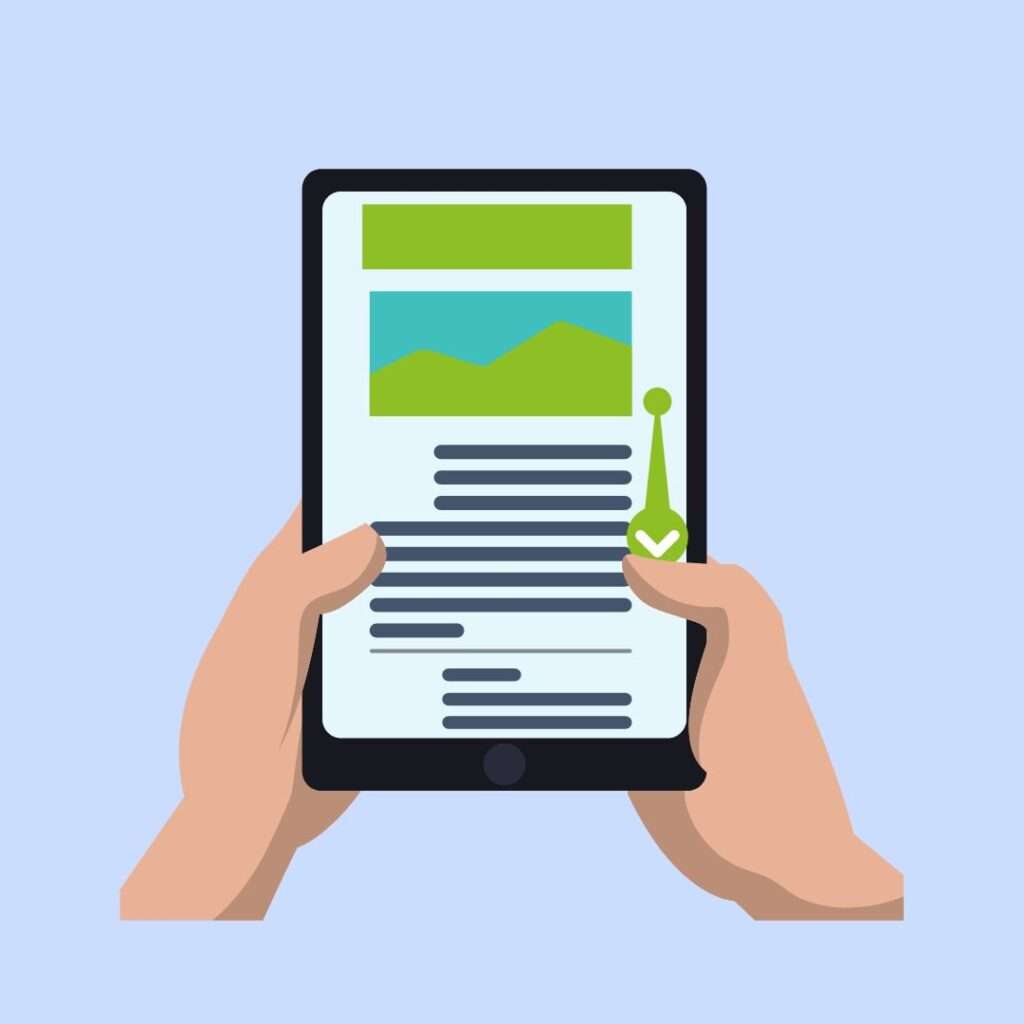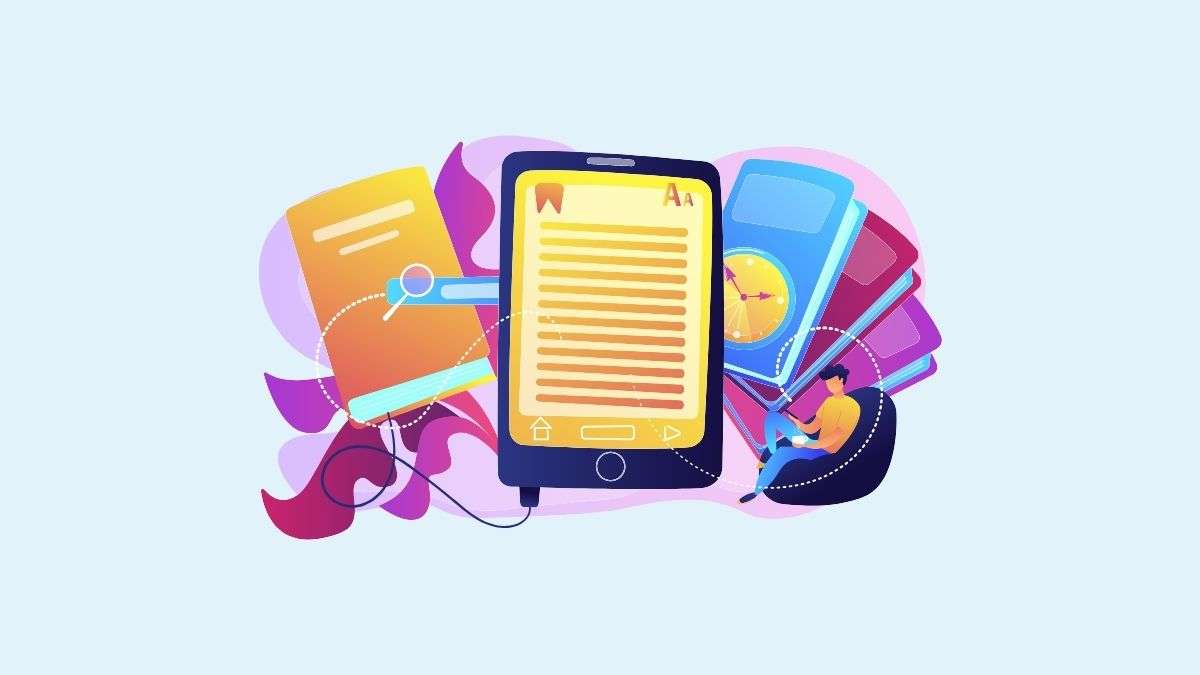Table of Contents
- Introduction
- Unraveling the Genius
- Influence of Ebooks on Modern Reading Culture
- Legacy and Future Implications
- Conclusion
Introduction
The history of ebooks dates back to the early days of personal computing in the 1970s and 1980s. One of the first key developments was Project Gutenberg, launched in 1971 by Michael Hart. This project sought to digitize important literary works and make them freely available. This laid the foundation for the ebook concept, and Michael Hart was accorded the status of the inventor of ebooks.
In those pioneering years, other visionaries began exploring the possibility of using personal computers to digitize books and transform publishing. In the 1980s and 1990s, several companies and organizations worked on developing hardware and software to allow digital books to be read on personal computers and early dedicated ebook-reading devices. Some other notable contributors include:
- Roberto Busa – Developed early ebook search software in the 1980s
- Sony – Launched the Data Discman ebook reader in 1992
- Online Books Page – Founded in 1993 to host ebooks and make them searchable
- NuvoMedia – Created the Rocket ebook Reader in 1998
Based on his vision for Project Gutenberg in the 1970s, Michael Hart dedicated his life to digitizing literature and making it freely accessible. Hart pioneered document formatting techniques for ebooks, championed early e-readers, and inspired later ebook entrepreneurs. Even though he did not create the first hardware, his tireless innovation with digital book content laid the vital conceptual groundwork for today’s ebook ecosystem.
Through Hart’s vision, ebooks revolutionized reading habits and publishing. Project Gutenberg, which he stewarded for decades, continues to digitize thousands more books each year, serving as a monument to his transformative legacy.
Unraveling the Genius
In 1971, Michael Hart was a student at the University of Illinois when he was granted free access to the university’s Xerox Sigma V mainframe computer. Inspired, Hart set out to make digital copies of books freely available to all.
On July 4th, 1971, he made history by typing the United States Declaration of Independence into the computer and sending it out to other users on ARPANET, the early form of the Internet. The Declaration of Independence became the first ebook ever created and set the stage for the birth of Project Gutenberg, the world’s first digital library.
The Background of the Inventor of Ebooks
Hart came from a modest background but was deeply passionate about literature and technology. As a child, he read classics at the local library. This fostered a belief that knowledge should be freely shared with all. When Hart gained access to the Xerox mainframe, he saw an opportunity to pursue this vision of universal access to information. Though typing the Declaration of Independence was symbolic, his broader motivation was to digitize books no longer restricted by copyright and distribute them electronically.
Hart was driven by both idealism about spreading knowledge and technical curiosity. To carry out his idea, he taught himself programming on punch cards and primitive computer languages. With no budget, Hart used leftover computing time on the mainframe and persuaded others to volunteer with Project Gutenberg’s mission. This grassroots approach was crucial in establishing the first digital library.
The Technologies
Project Gutenberg pioneered several key innovations that formed the foundation of ebooks and digital publishing:
- Digitization of print materials into electronic text files
- Development of ebook formatting for optimal reading on computer screens
- Creation of the first online catalog and distribution network for ebooks
- Invention of the “Plain Vanilla ASCII” ebook standard to increase accessibility
- Exploration of text-to-speech software for reading ebooks aloud
Though primitive by today’s standards, these concepts introduced by Hart were revolutionary at the time. He perceived the potential of digitized texts and developed ingenious methods for encoding, formatting, and sharing what would become the first ebooks. His technical achievements formed the essential infrastructure for digital reading.
The Impact of the Ebook Invention
When Project Gutenberg launched, the concept of reading books on computers was alien to most. The public did not yet grasp Michael Hart’s digital library vision. Mainstream publishers, bookstores, and libraries also viewed his efforts as eccentric rather than pioneering. However, a small community enthusiastic about technology recognized Project Gutenberg’s innovations and rallied around its mission.
While adoption was gradual initially, Project Gutenberg played an integral role in accelerating the ebook’s acceptance. As more titles became available and technology advanced, the conventions established by Project Gutenberg facilitated the transition to digital reading. Project Gutenberg remains a seminal force as one of the largest digital libraries, with over 60,000 free ebook titles. The literary world owes an immense debt to Hart’s ingenious invention, which transformed books into bits and propelled reading into the digital age.
Influence of Ebooks on Modern Reading Culture
Ebooks have revolutionized reading in the modern digital age. With lightweight devices like Kindles and iPads, readers can now carry entire libraries in their pockets and purses. Ebooks provide instant, affordable access to books from anywhere at any time. This convenience and accessibility have transformed reading habits and the publishing industry.
Ebooks represent a revolutionary shift in how people access and consume literature and information.
Key benefits of ebooks include:
- Convenience – ebooks can be purchased and downloaded instantly to any device with an Internet connection
- Portability – entire libraries can be carried and read anywhere without the bulk and weight of physical books
- Accessibility – ebook readers include features like adjustable text size, built-in dictionaries, text-to-speech to aid reading
- Affordability – ebooks tend to be cheaper than their print versions due to lower production costs
- These advantages have made ebooks immensely popular. Ebook sales have exploded in the last decade, surpassing physical book sales in many markets. They have become central to the modern digital reading culture.
How Ebooks Impact the Publishing Industry
The rise of ebooks has profoundly impacted reading habits and the publishing landscape:
- Ebooks have made books more accessible to wider audiences, such as readers with disabilities
- The instant delivery of ebooks provides unparalleled reading convenience
- Digital publishing has forced the print industry to reinvent age-old distribution and sales models
While introducing major disruptions, ebooks have also expanded opportunities for readers to engage with more varied literary content. The genius behind inventing the first ebook format paved the way for this digital book revolution.
Legacy and Future Implications
As the inventor of ebooks, Michael Hart left a lasting legacy on reading habits and the publishing industry. Ebooks have made literature more accessible and affordable than ever before. With e-readers and apps, people can carry entire libraries in their pockets and read anytime, anywhere. This convenience and portability have led to a surge in reading rates in recent years.
Ebooks have also opened up new opportunities for independent authors and small publishers to reach wide audiences without the barriers and expenses of print publishing. This democratization of publishing has allowed more unique and diverse voices to be heard. Many niche genres have flourished thanks to ebooks.
Michael Hart proved that people are willing to read books on screens, setting a monumental shift toward digital content. Nearly every major publisher now releases digital editions in addition to print. Digital publishing is here to stay, thanks to the visionary who imagined literature could exist beyond paper and ink.
Future Innovations in Digital Reading
Building upon the fundamentals of ebooks, future digital reading innovations could further revolutionize how we absorb literature. More advanced e-readers may incorporate multimedia elements into books, such as embedded music, animations, and mini-games. Interactive, choose-your-own-adventure-style stories could blend literature with video game concepts.

Virtual and augmented reality could also transport readers into immersive fictional worlds. Thanks to the genius who first unlocked the potential of digital reading, the possibilities are endless. As technology progresses, ebooks will evolve into more stimulating and interactive experiences.
Conclusion
We have explored the fascinating story behind ebooks and the visionary inventor of ebooks, Michael Hart. Ebooks have revolutionized reading by making literature more accessible and convenient. The genius who pioneered ebook technology paved the way for a digital reading culture that continues to evolve.
Readers today can appreciate the transformative impact ebooks have had on democratizing literature. No longer confined to printed pages, stories and ideas can reach anyone with an Internet-connected device. Ebooks have opened up new possibilities for readers to explore a boundless world of books.
Readers are encouraged to continue discovering the format’s potential as part of this ebook revolution. Whether reading on a smartphone, tablet, e-reader, or computer, ebooks enable us to carry entire libraries wherever we go. Supporting digital publishing initiatives also helps sustain accessible literature for future generations. Just as the inventor of ebooks fundamentally changed reading forever, what new reading modes might we still uncover?
